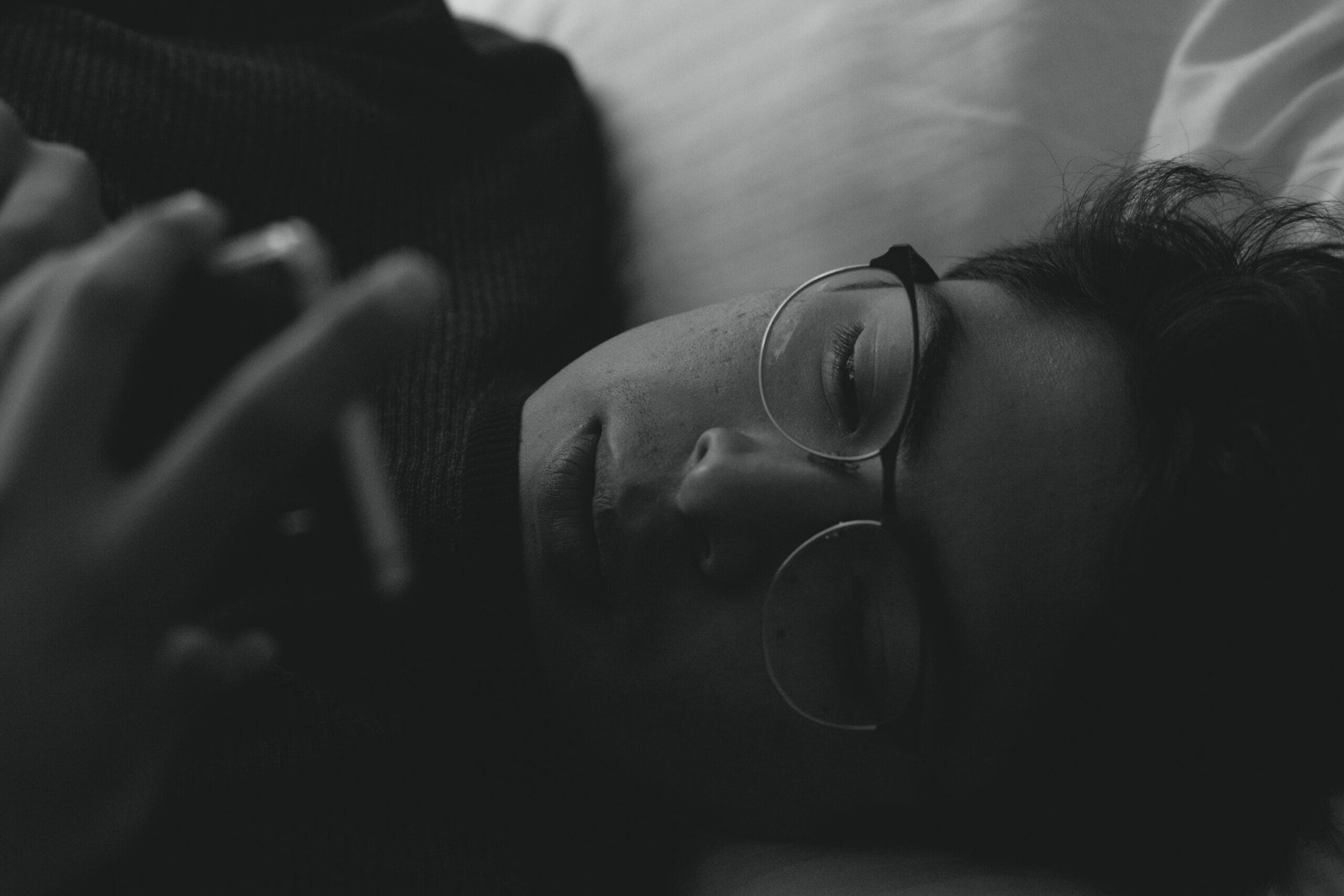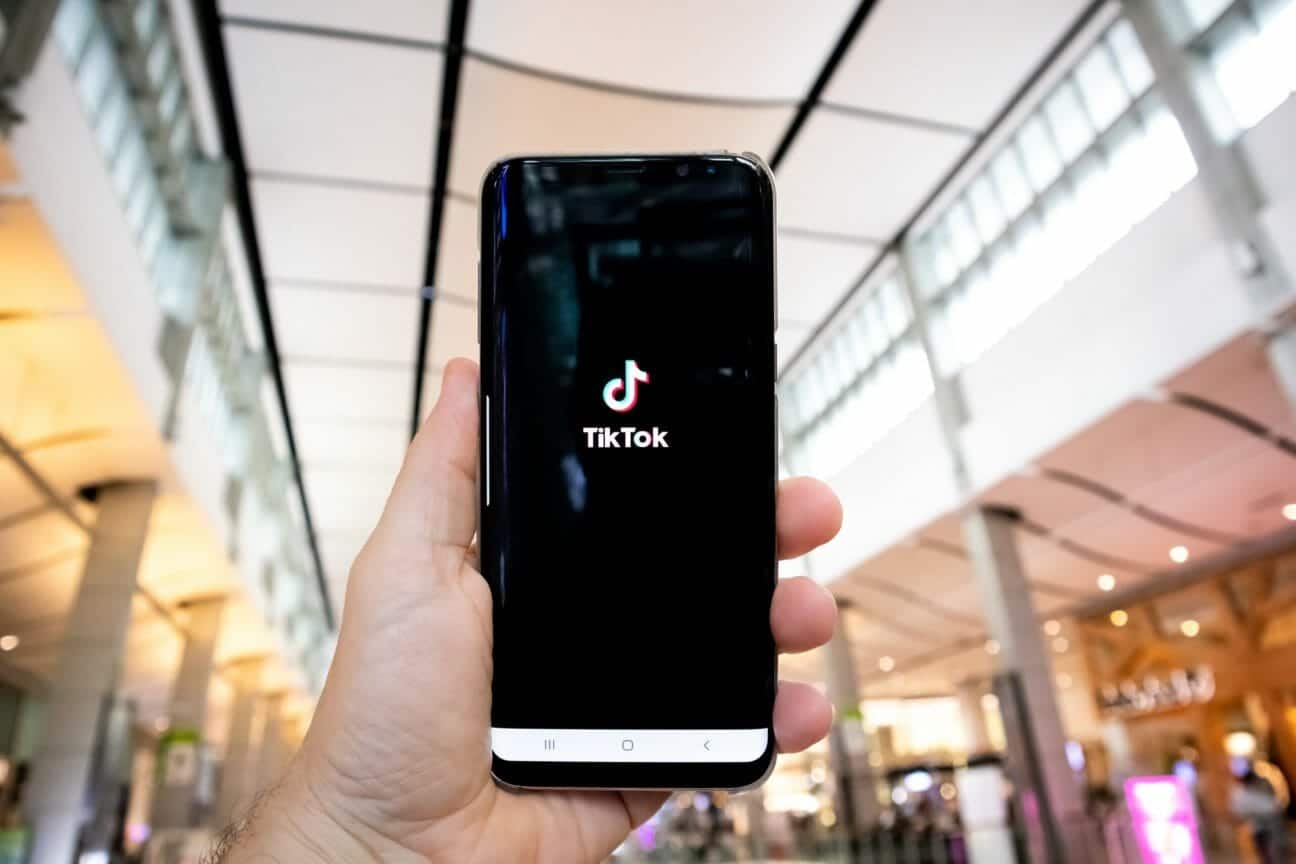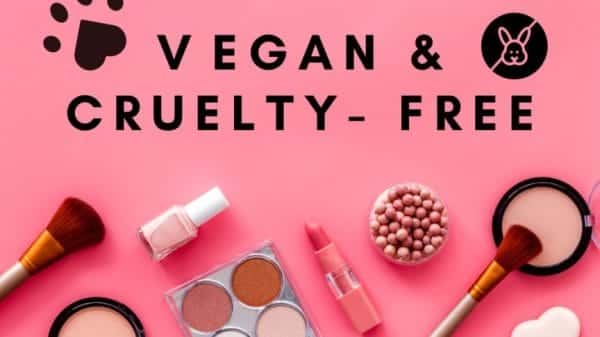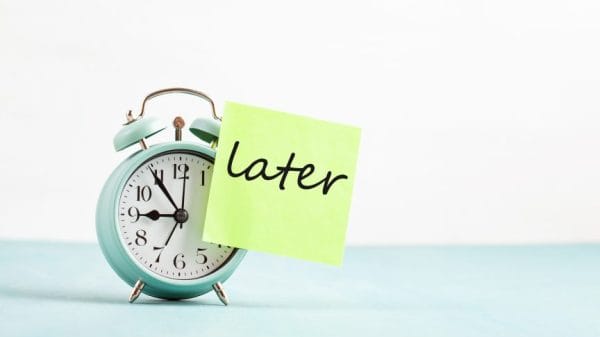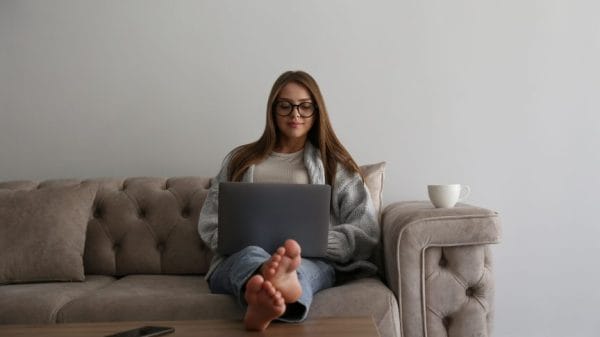TikTok has quickly become one of the world’s most popular social media apps, gaining over a billion users since its 2018 origin.
The video-focused social media app was originally Musical.ly, a social media app that allowed people to share short videos of themselves. Musicall.y was popular mainly for dancing videos but since being acquired by ByteDance and becoming TikTok, has become home to a vast array of content.
The two apps share similar features such as a range of filters and the ability to edit videos. Both boomed in popularity as trends began to emerge, spurring people all over the world to take part and share their own content.
TikTok is most popular with Gen Z with 60% of users being aged between 16 and 24. The app is also slightly more popular with women than men and has a 60/40 split.
Why is TikTok So Addictive?
The ever-growing question about TikTok and its boom in popularity is: why is it so addictive?
TikTok originally had a 60-second limit for its videos, meaning users got used to quick content.
The knock-on effect has been shortened attention spans, poor concentration, and less sleep. The nature of TikTok is that it encourages over-consumption; it is simply too easy to say ‘just one more video’ when each one is so short.
While TikTok actually raised the video limit to three and most recently, ten minutes, it maintains its addictive quality.
Another aspect of TikTok that makes it so alluring is the For You Page (FYP). The algorithm quickly establishes what users are interested in and presents them with a tailored FYP full of content that they enjoy. For many, this is a nice break from other social media apps such as Instagram which has always been known for being influencer-centered and now is heavily focused around online shopping.
The effect of social media on mental health has been a topic of conversation for some years, particularly the impact of influencer and celebrity culture giving people unrealistic expectations for their lives and body image. While many famous influencers do make content on TikTok, there are many creators from more humble backgrounds which allow users to consume more authentic content.
While positive to some degree, the endless stream of interesting and engaging content makes it hard to switch off that phone and go to bed.
Fortunately, the social media platform has recently introduced a Wellness Hub designed to help users take a break and put their health first.
How Can You Reduce Your Screen Time?
TikTok’s wellbeing settings allow people to control how much time they spend on TikTok. All users need to do is go into the settings and set a specific limit for themselves.
Digital Wellbeing is a feature most social media apps have, so it can be a good idea to turn this on across all of them.
TikTok also shows you videos on your FYP after you have been scrolling for a certain amount of time, urging you to spend some time away from the app.
Spending less time near a phone screen at night has many benefits, such as helping to aid in the release of the natural sleep hormone melatonin. When looking at artificial light late at night, this can overstimulate people and cause poor sleep.
Using screen time management for digital wellbeing on TikTok means that once you have reached your time limit, the screen will turn off and require a passcode. This extra barrier provides the opportunity to reflect before re-entering it and thinking: do I really need to keep scrolling?
For more binge-worthy content, read about what the new Netflix series gets right and wrong about the true story of Anna Sorokin.


